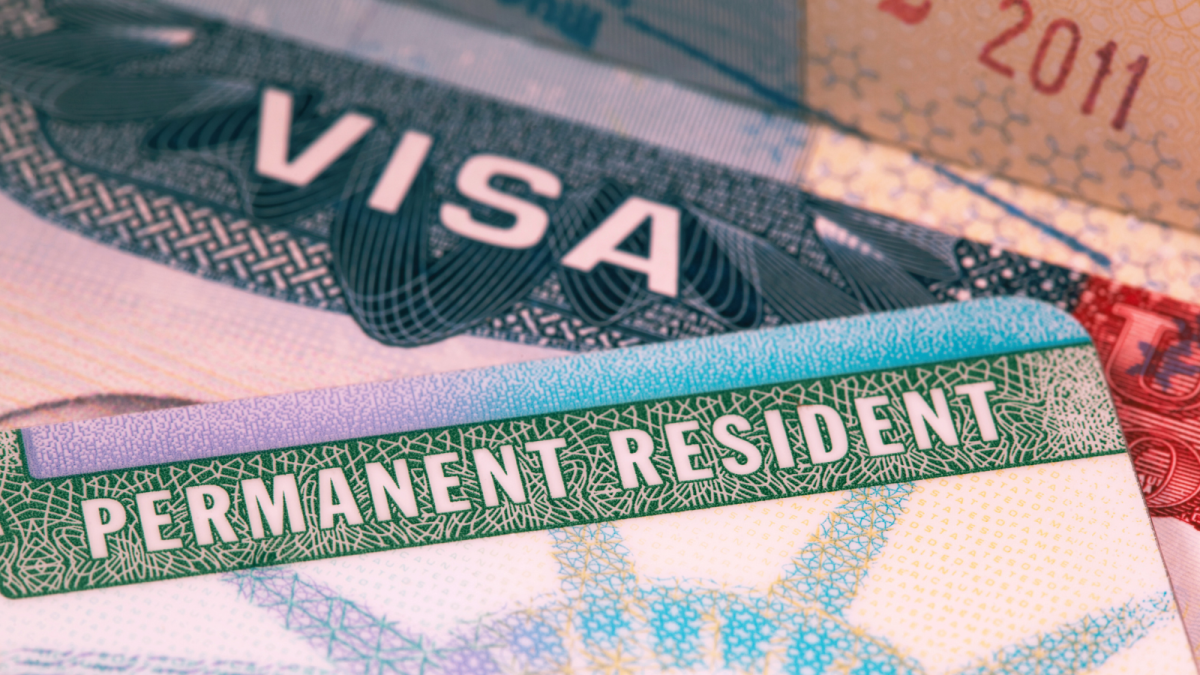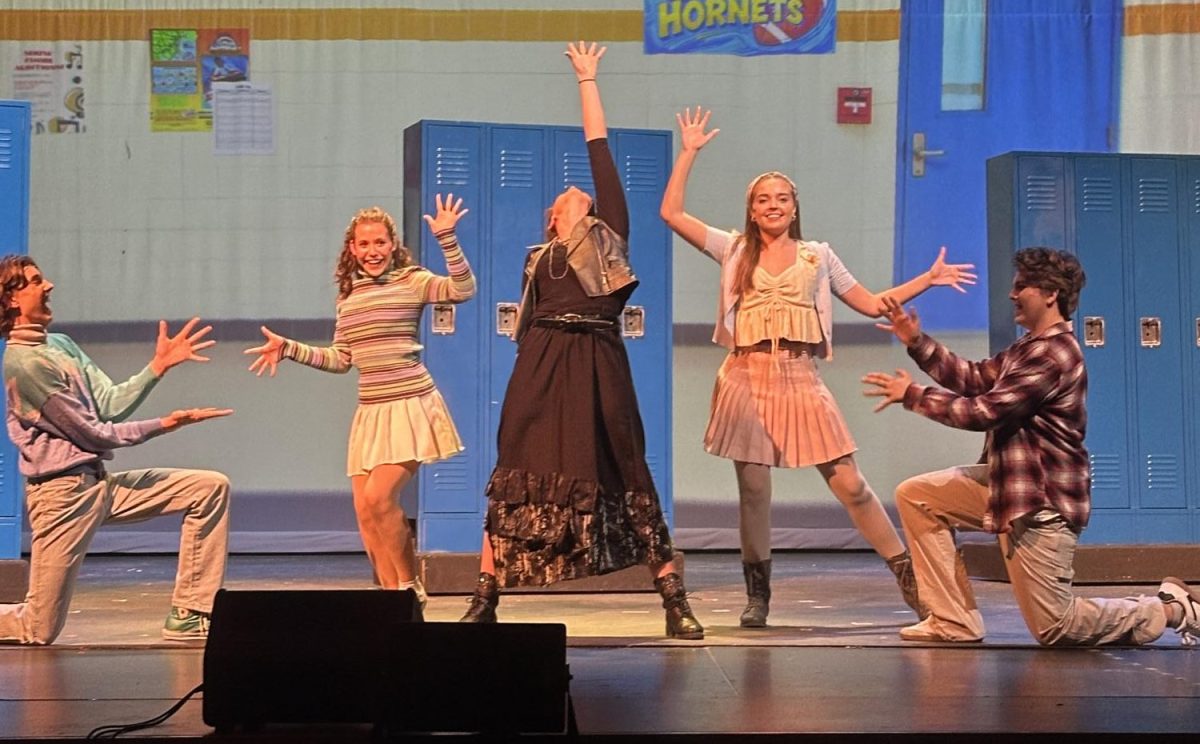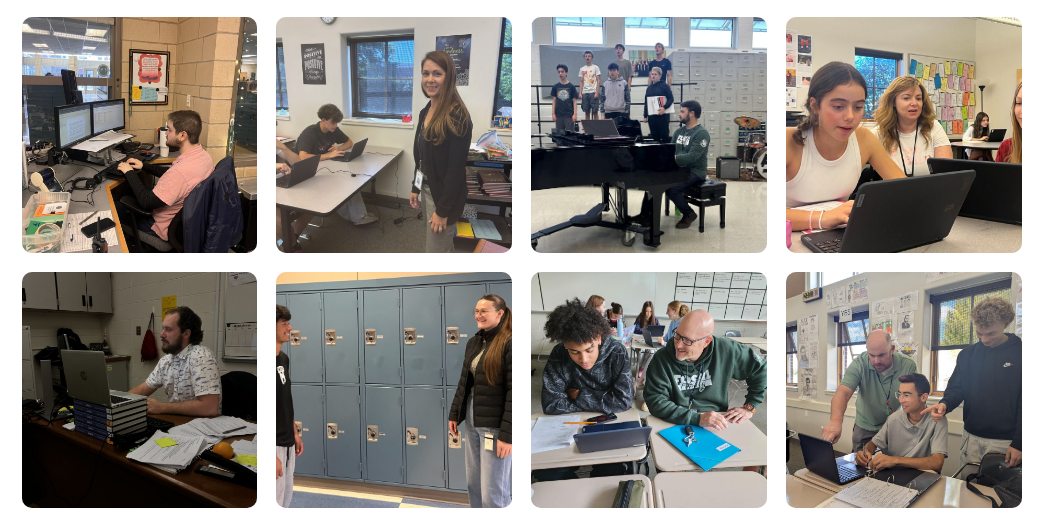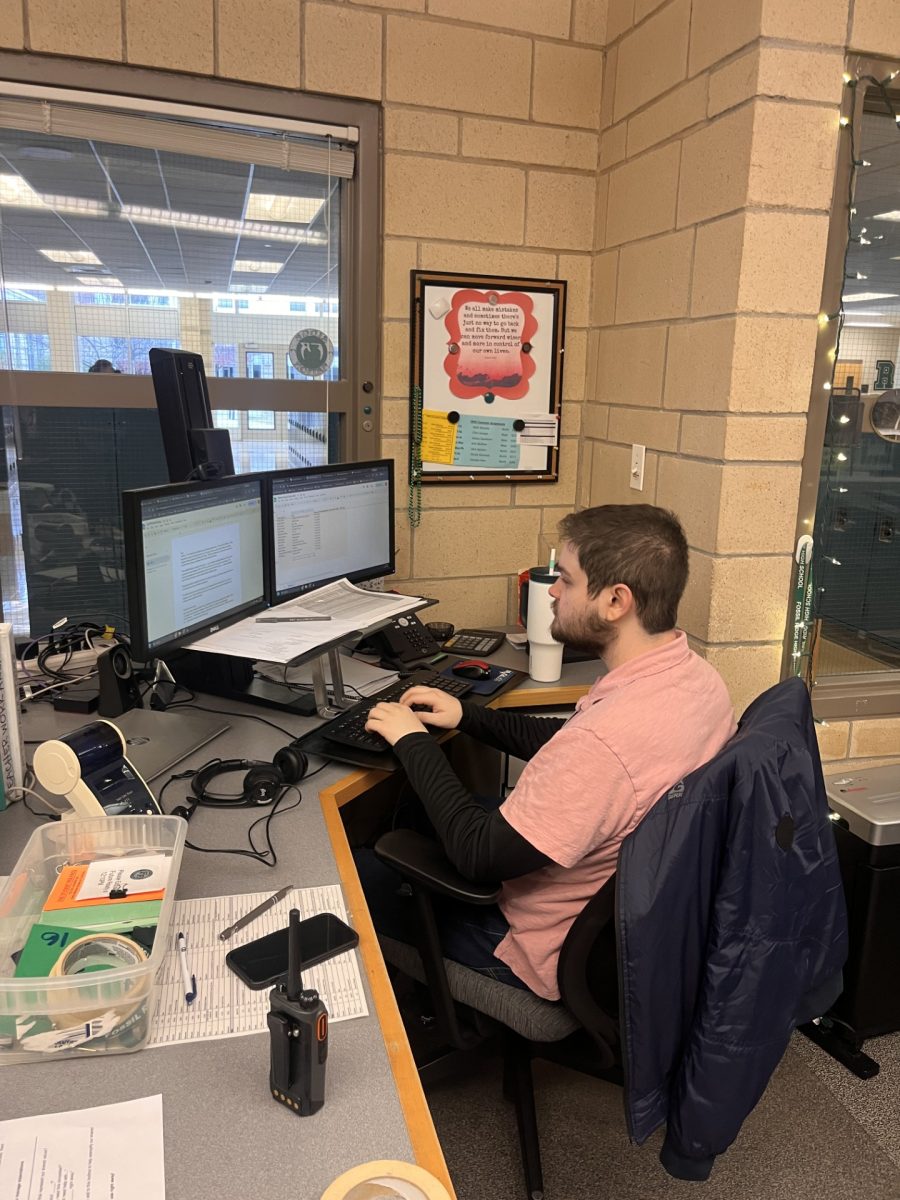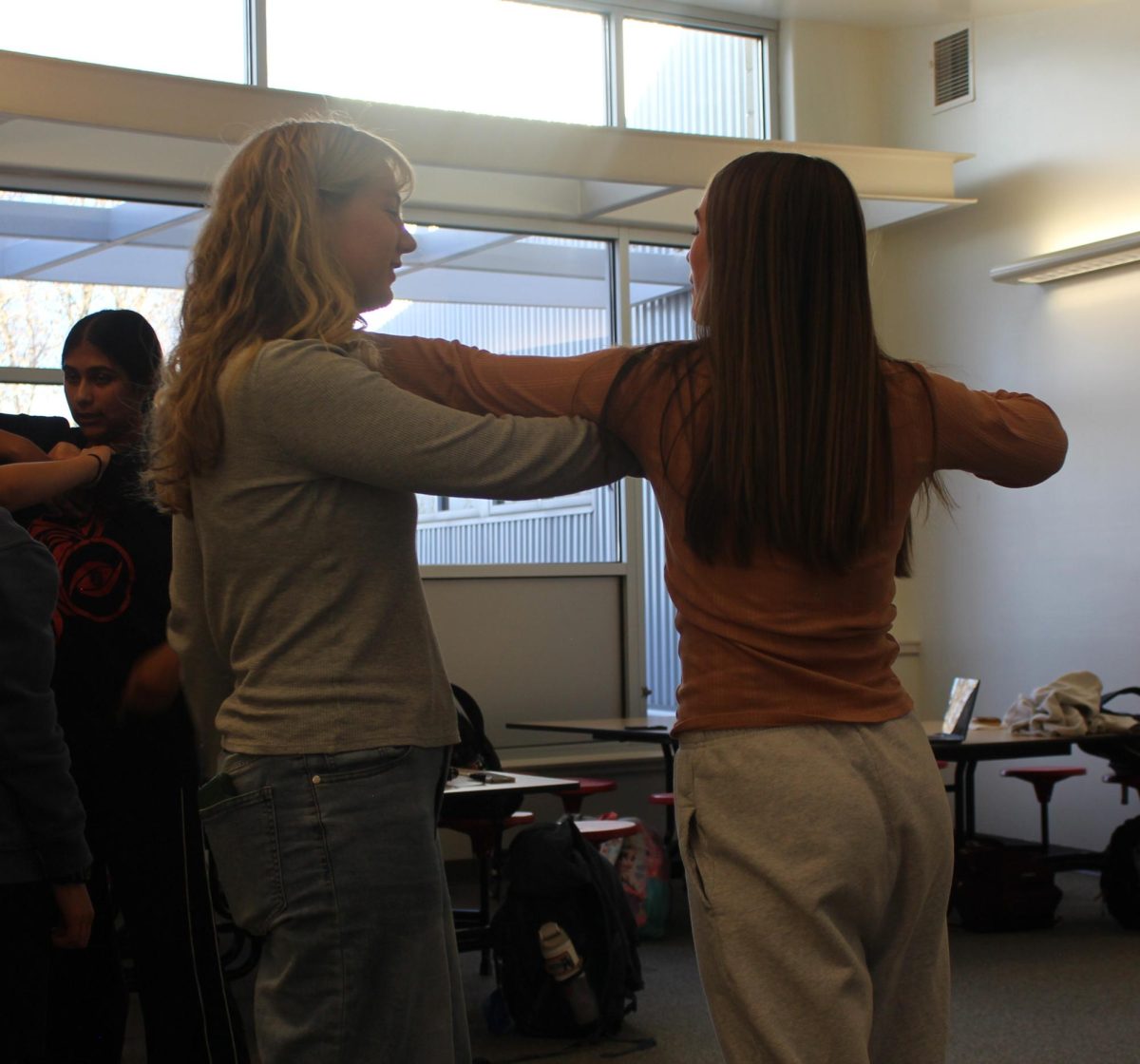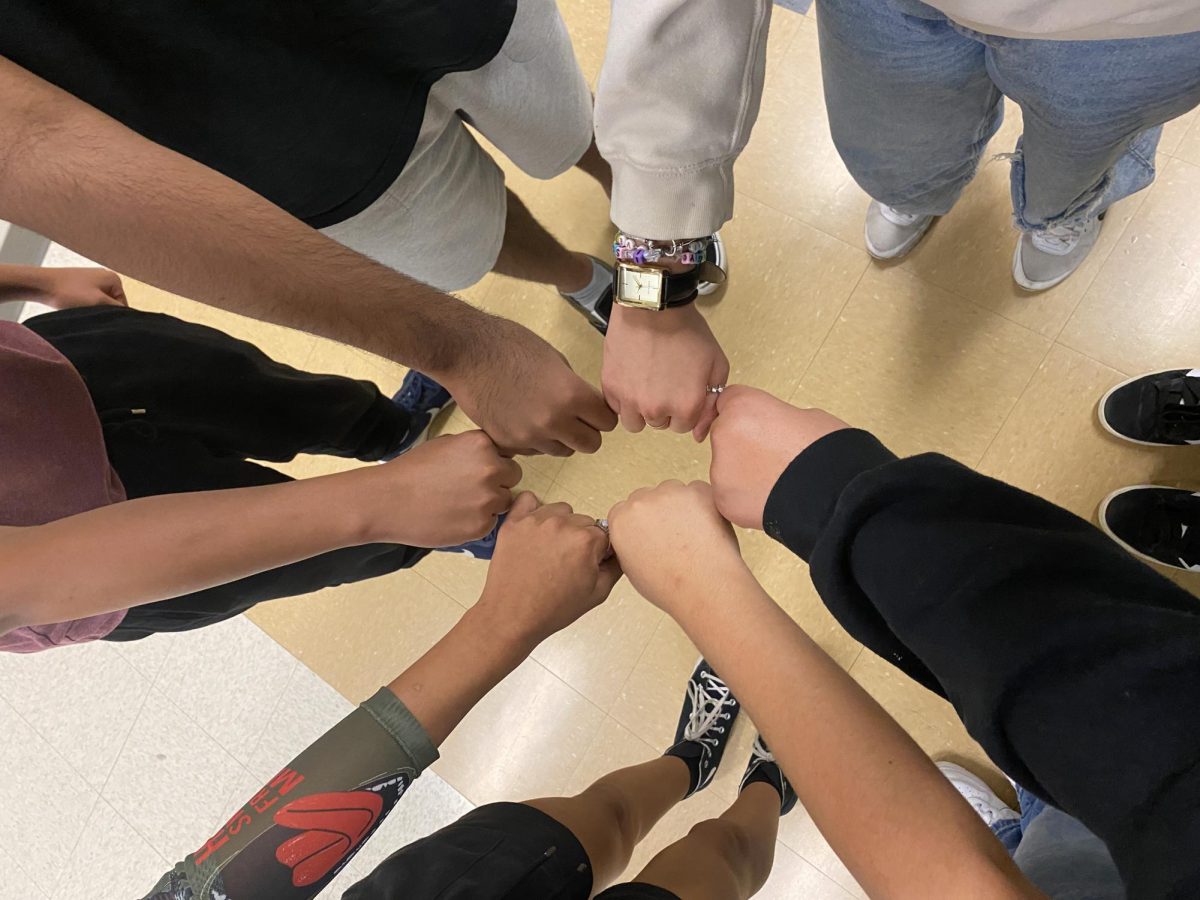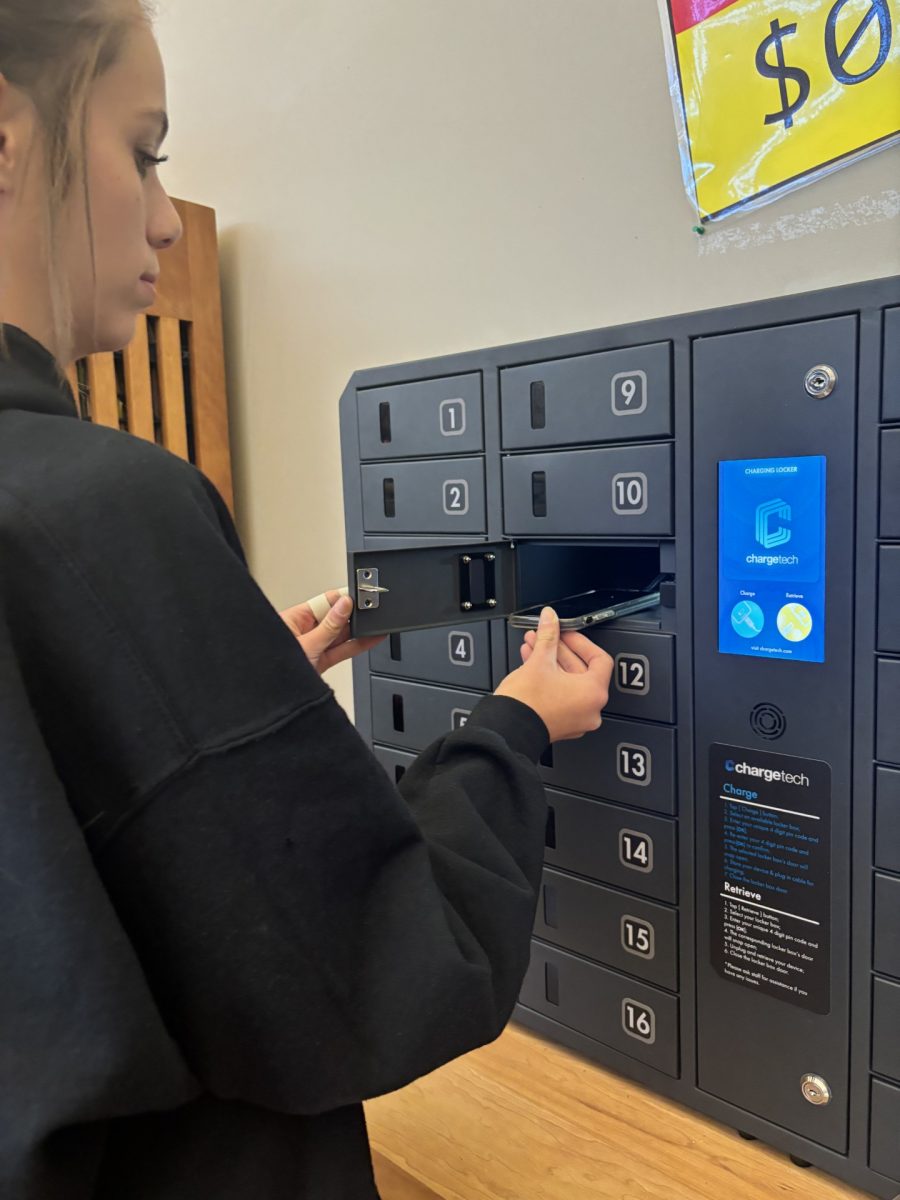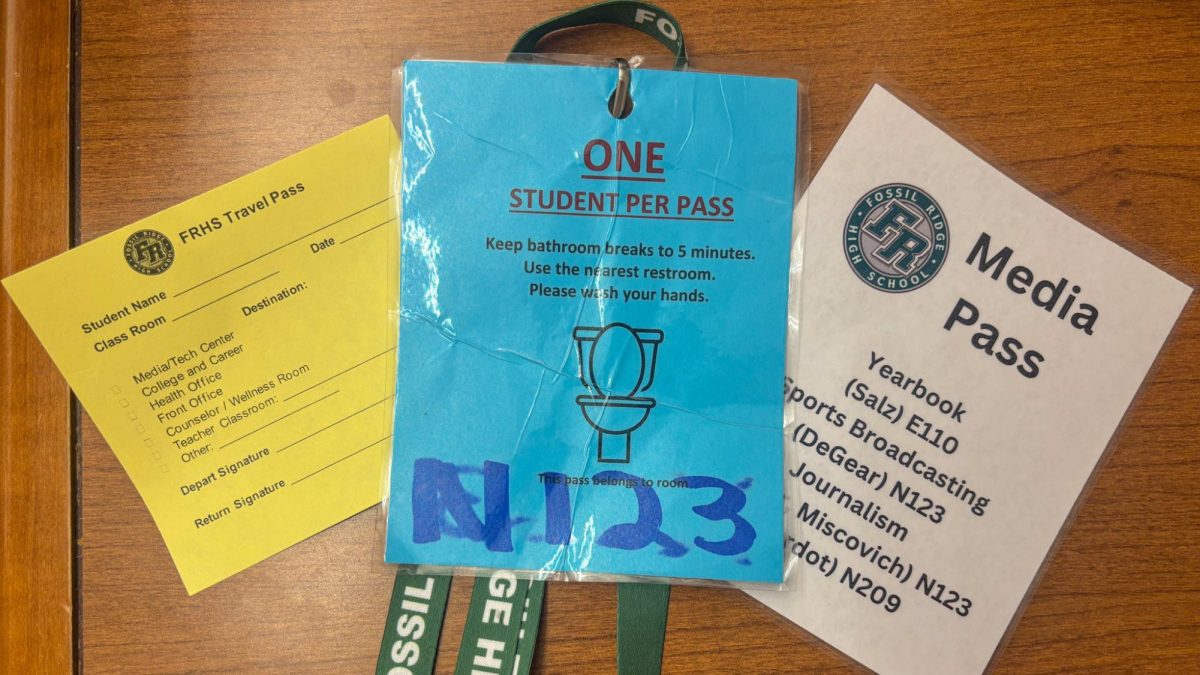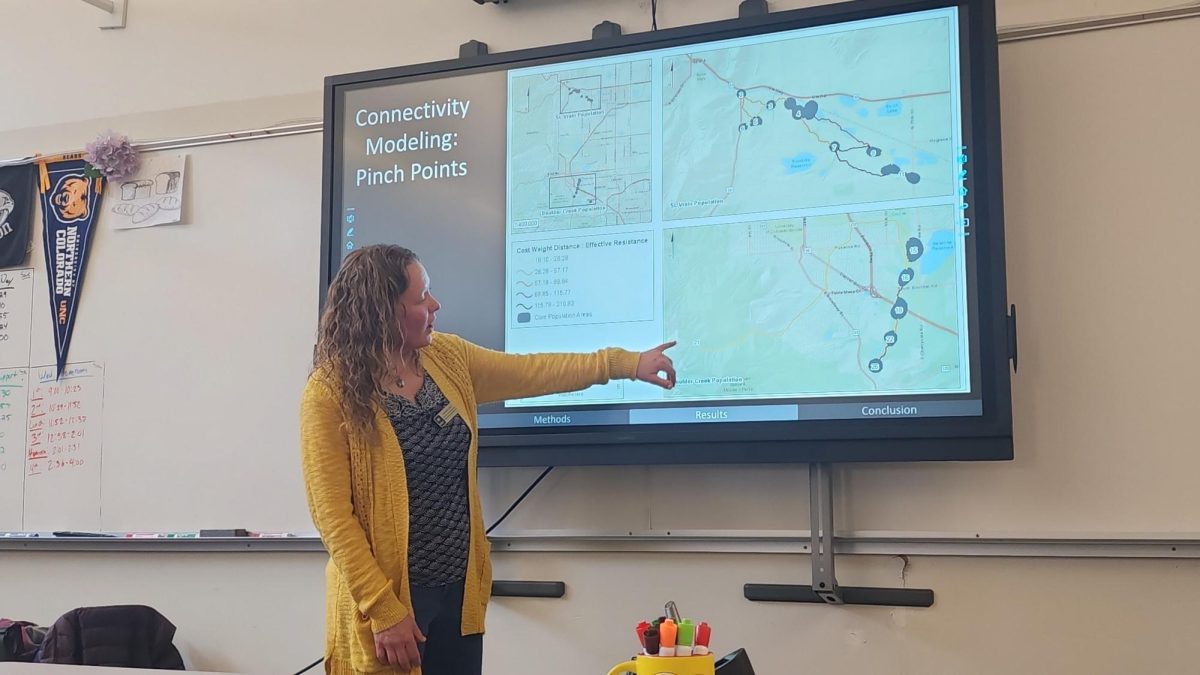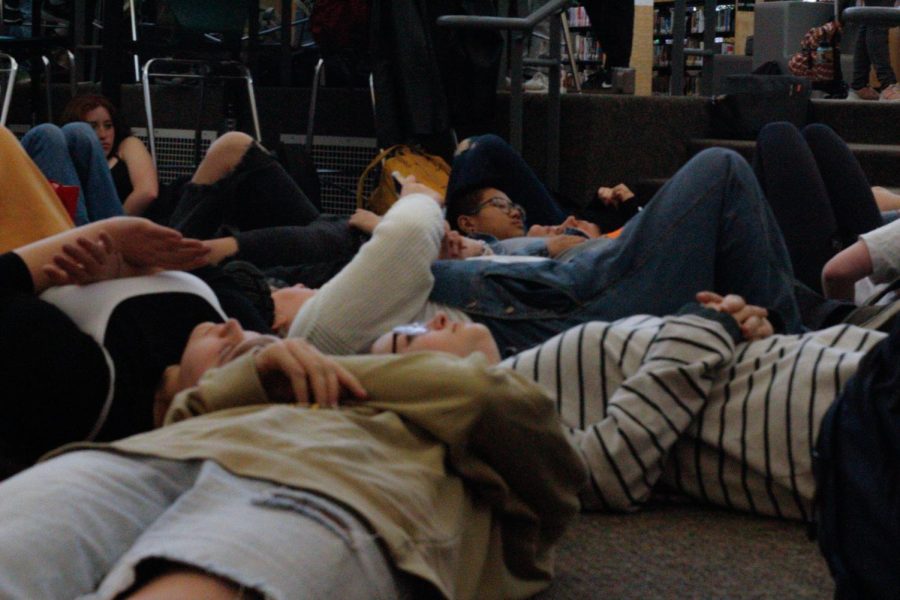Fossil Ridge High School sophomore Jose Herrera Villa and his family’s wait for legal residency in the United States may be even longer because of delays in the immigration process.
Herrera is among about two dozen students at Fossil Ridge High School whose families are waiting for their residency. His family in particular has been expectant for three years.
According to Newsweek, U.S. Citizenship and Immigration Services (USCIS) had a record 11.3 million pending immigration applications in July, and applicants are waiting years longer than normal. This is because the administration has told USCIS to slow down processing and increase efforts to find fraud. As the process has gotten more complicated, the government has also taken steps to make it more difficult for immigrants to come here legally.
The Customs and Border Patrol One app was shut down in January, cancelling tens of thousands of appointments for asylum seekers and preventing new ones from being made, according to AP News.
“I don’t think that’s the right way to treat somebody like that,” Herrera said about the government’s efforts to slow down and prevent immigration. “They’re doing this because to keep the country safe, but I don’t think it changed that much.”
Like many immigrants, Herrera’s family left Mexico for better work and life opportunities and they entered under his father’s work visa.
“The main reason was because my dad’s job, my mom was like it’s a really interesting opportunity,” Herrera said. “She was like, it will be better for them, for me and my brothers, to come here and study here.”
Although he initially had trouble understanding people and navigating the airport, Herrera has adapted to Colorado.
“I know more people than I know from Mexico now,” he said. “Everything in this city is better than what you can see in Mexico.”
He explained that his family expected the process to be smoother.
“My family was presuming to get the green card fast, since nothing of this happened before, and since the government was more easy on immigrants,” he said.
Herrera’s family has been affected by the delay in getting their green cards even despite paying a premium which should expedite the process. Without permanent residency, Herrera cannot get a job or earn money.
“I hope to get my social security number so I can start working to help my parents so I can get a car, and I don’t have to depend on my friends,” he said. “I’m worried about getting to college, I don’t have enough money to pay and taking a lot of loans that I then have to pay with a lot of interest.”
When it comes to the mass deportations being carried out around the country which many immigrants fear, Herrera said he isn’t worried. He said he knows his family has done everything legally and is confident that they belong here.
Still, Herrera and other migrant students have said their families have avoided travelling unnecessarily to big cities and internationally. Herrera expects his green card in a couple months, but knows how crucial it is for the processing system to work.
“I still feel like it’s kind of slow, and I think like somebody who actually needed it will be super stressed about that,” he said.



